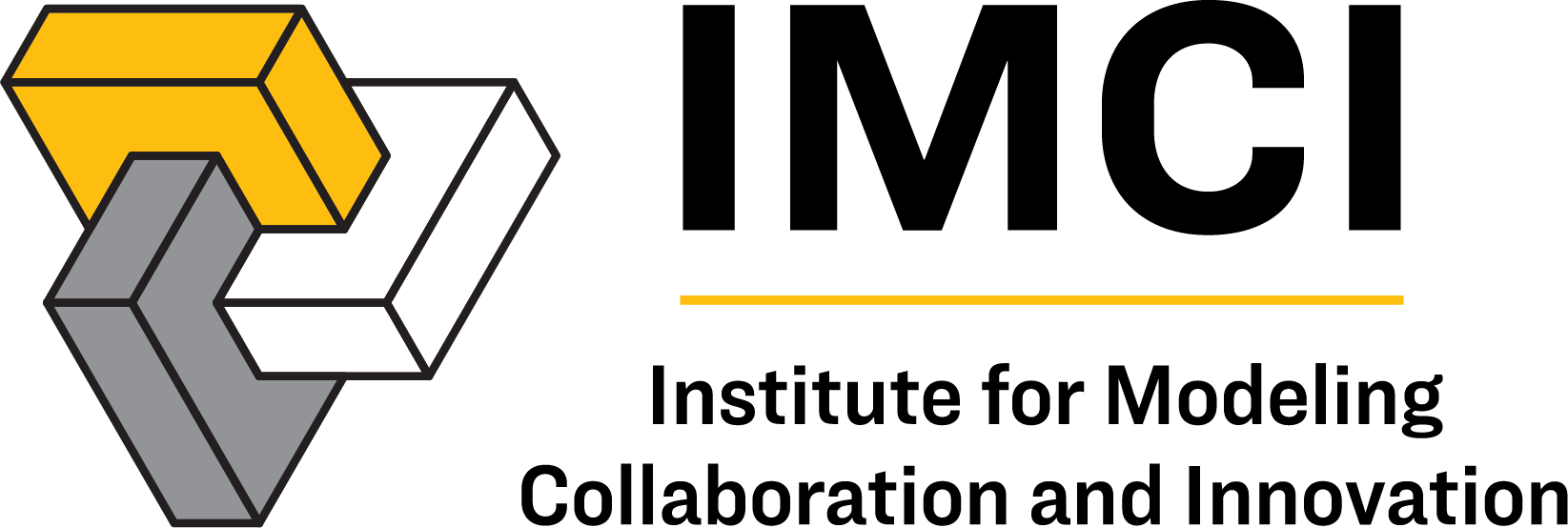IMCI Invites DAG and MAG Grant Applications
IMCI invites applications for two of our initiatives. Both initiatives support research that involves modeling from any field. Also note that we are hosting a Brown Bag Lunch discussion of DAGs specifically for researchers from CLASS and other colleges that may be unaware of the opportunities we offer – see details below. Anyone who wants…





